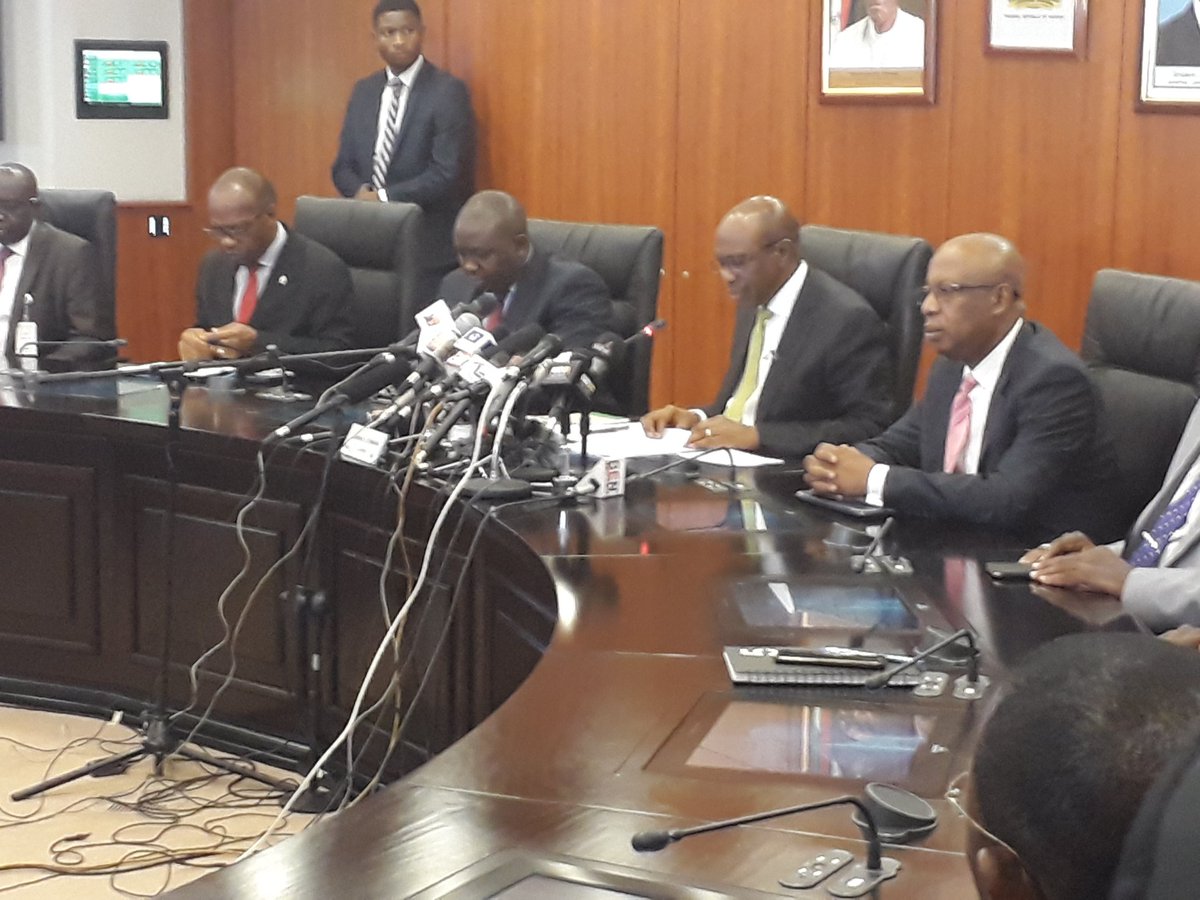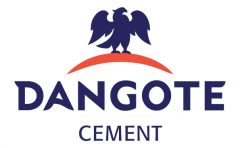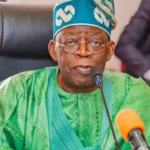
• MPC Seeks Greater Attention To Growth-Stimulating Sectors
Rising from the 115th regular meeting, members of the Central Bank of Nigeria’s Monetary Policy Committee (MPC), on Tuesday noted the $7bn foreign exchange inflow to the country through the Investor and Exporters’ window of the inter-bank segment of the foreign exchange market in the five months since its inception on April 21, 2017.
The inflow, which has raised liquidity, they traced to a combination of foreign investor confidence and “the zeal and commitment of Nigerian exporters who have demonstrated preference for the window to the parallel market.”
In a communiqué signed by Godwin Emefiele, chairman and Governor of the CBN, the committee assured that it “will continue to introduce policies that will improve the confidence of foreign investors in the country’s macroeconomic management regime.”
Members of the committee voted for the seventh consecutive time to retain the benchmark Monetary Policy Rate (MPR) at 14%; the CRR at 22.5%; Liquidity Ratio at 30%; and the Asymmetric corridor at +200 and -500 basis points around the MPR.
According to Emefiele, “the most compelling argument for a hold was to achieve more clarity in the evolution of key macroeconomic indicators including budget implementation, economic recovery, exchange rate, inflation and employment generation.
The committee, he stressed, believed that although the effects of fiscal policy actions towards stimulating the economy have begun to manifest as evident in the exit of the economy from the 15-month recession. The fragile recovery, members noted, makes it imperative “to allow more time to make appropriate complementary policy decisions to strengthen the recovery. Secondly, the Committee was of the view that economic activity would become clearer between now and 2018 Q1 when growth is expected to have sufficiently strengthened and gains in receding inflation, very obvious.
“…Consequently, six members voted to retain the MPR and all other parameters at their current levels, while one member voted to lower the MPR to signal an ease to the current stance of tight monetary policy. However, overall, majority of the members expressed a strong commitment to policy flexibility that would allow the Committee to promptly take the necessary actions that would promote overall macroeconomic stability and engender sustainable growth.”
While expressing satisfaction with the steady implementation of the 2017 Budget’s capital component, the committee “urged increased momentum in expenditure directed at the growth-stimulating sectors of the economy in order to reduce youth unemployment and restiveness.
“The Committee, however, commended the Federal Government for issuing the Executive Order aimed at improving the ease of doing business in the country. It also noted the efforts of the government to create jobs in the agricultural sector with the inauguration of the Presidential Committee on job creation, targeting at least 10,000 jobs in each state of the Federation, over the next six months through a boost in agricultural support and funding,” urging state governments key into the momentum and ensure actualization of the plan without further delay.
In the area of financial stability, members of the MPC noted the weak macroeconomic environment that continues to impact negatively on the stability of the sub-sector, in spite of the banking sub-sector’s resilience, restating its call on the CBN “to sustain its surveillance of deposit money banks (DMBs) activities for the purpose of prompt identification and mitigation of potential vulnerabilities.”
The committee also urged on the DMBs to support the quest to move the economy forward by extending reasonably low priced credit to the private sector.















